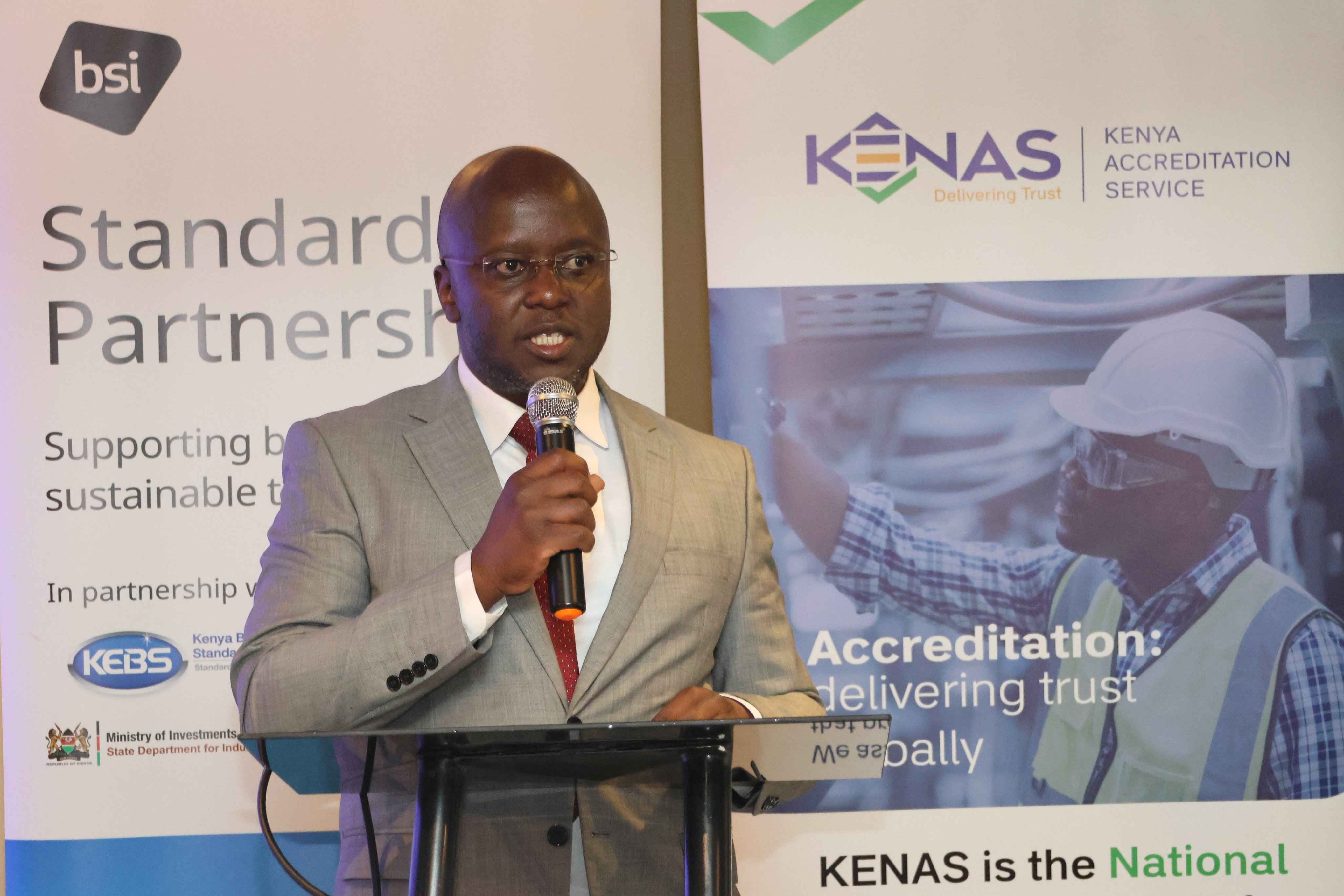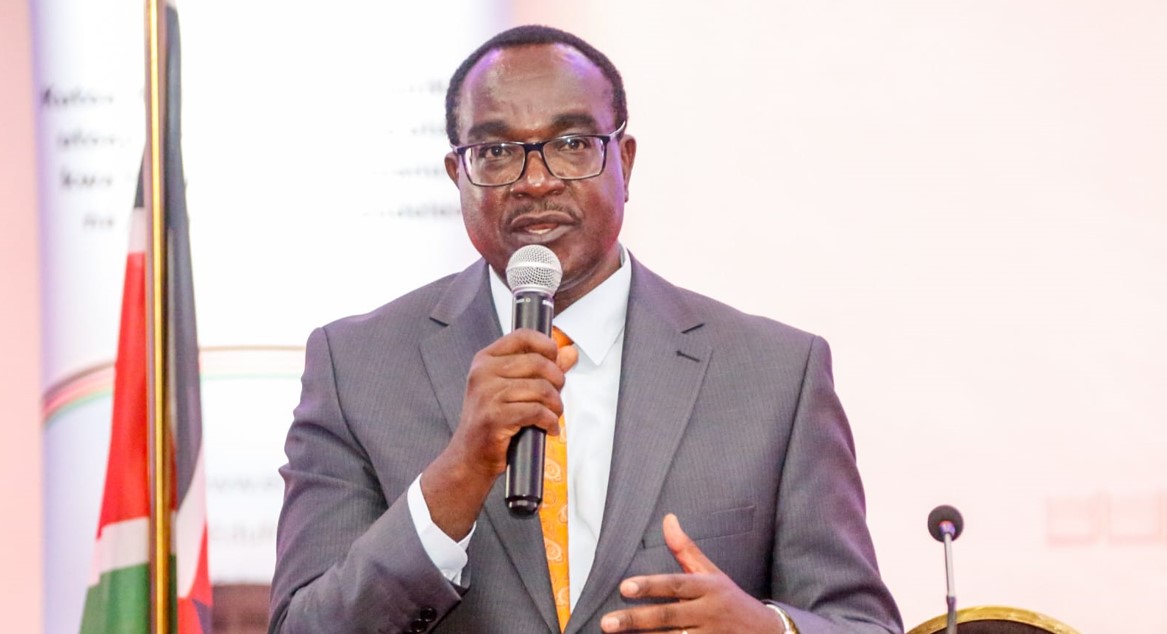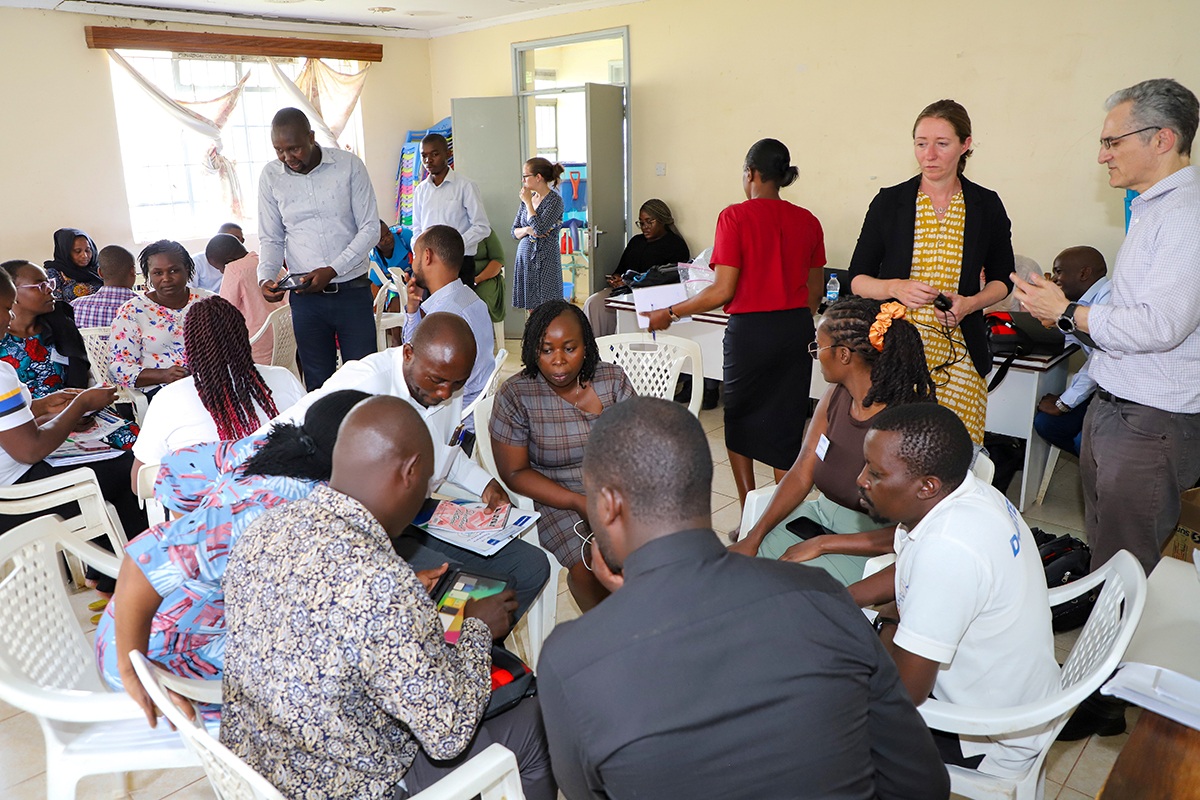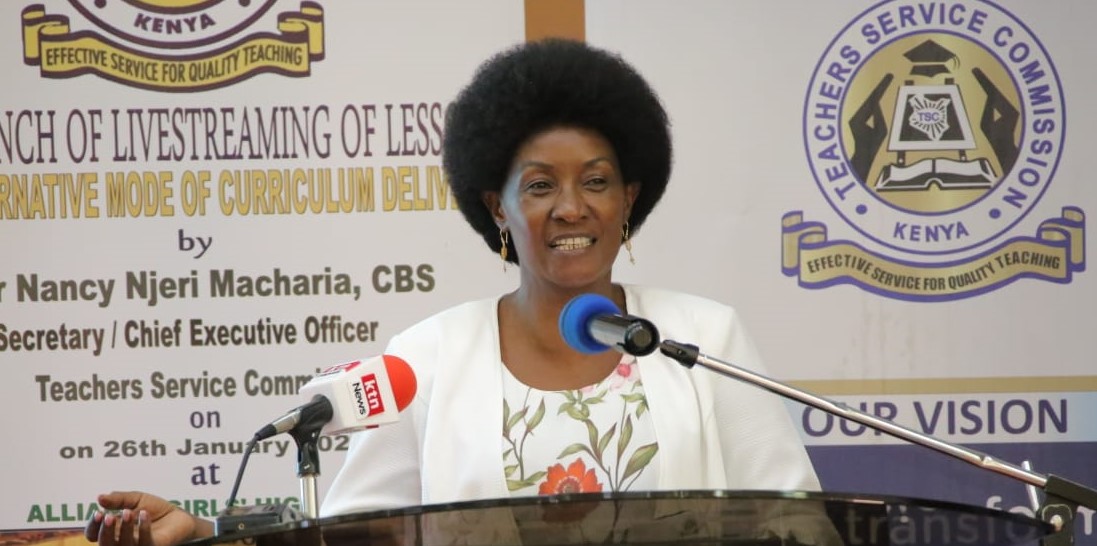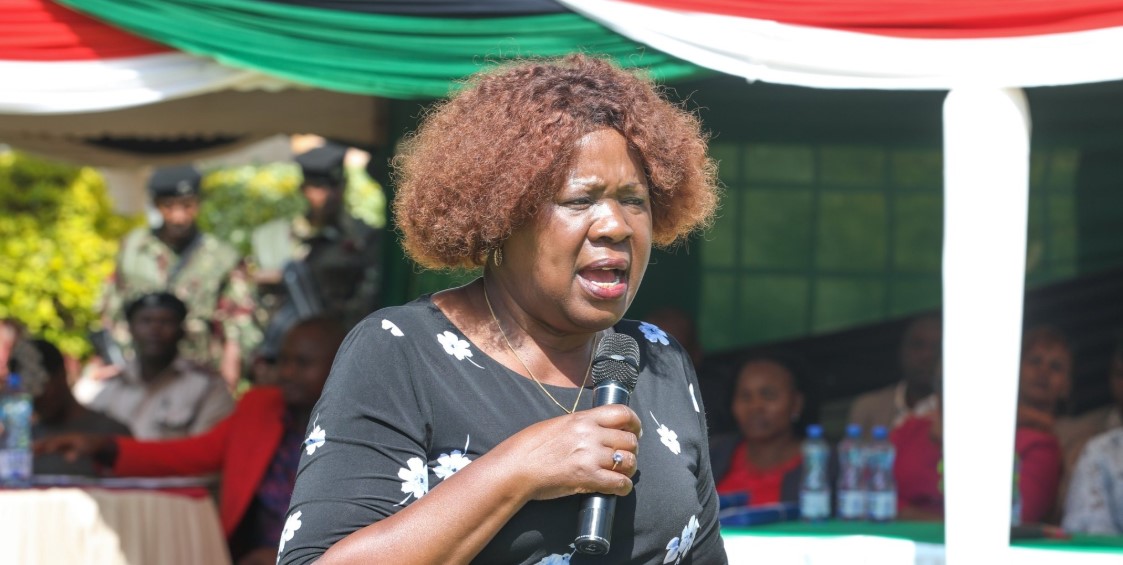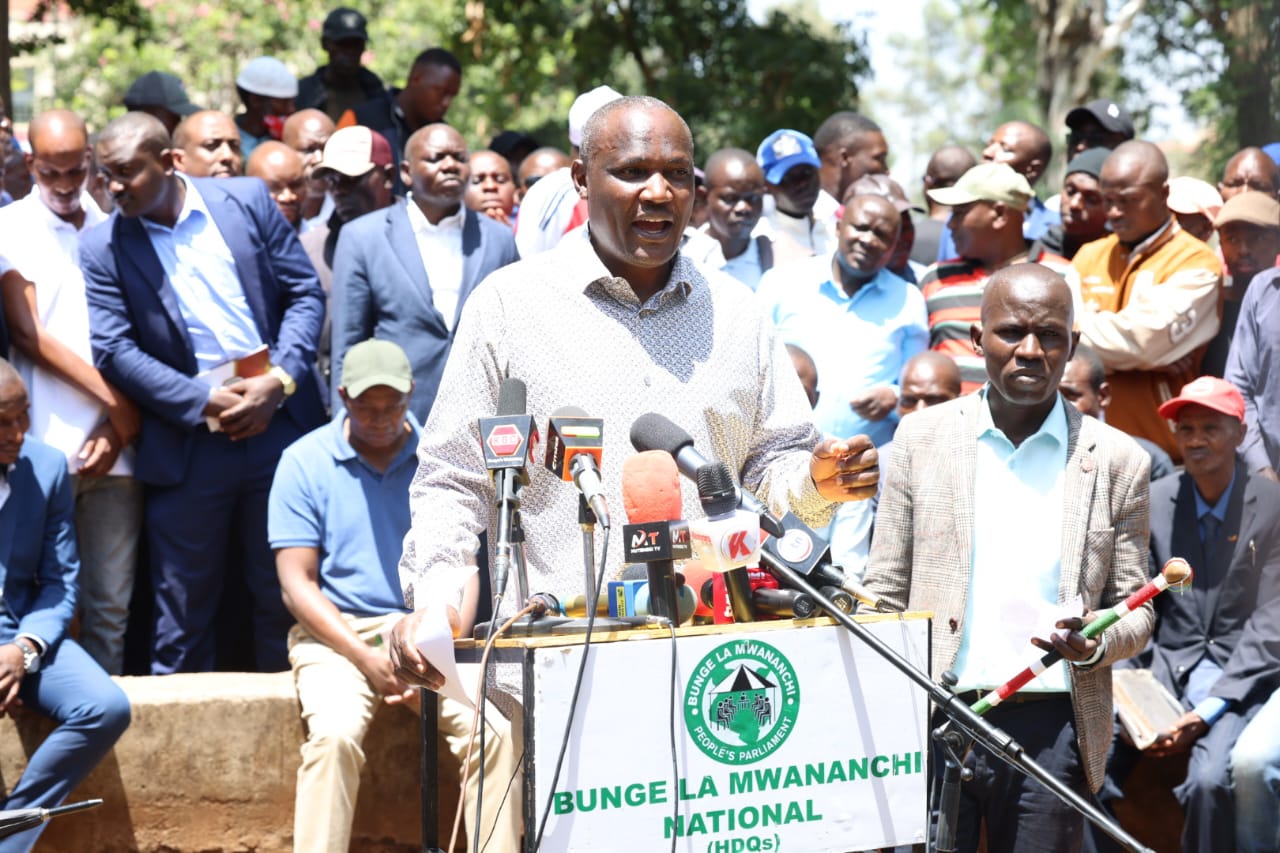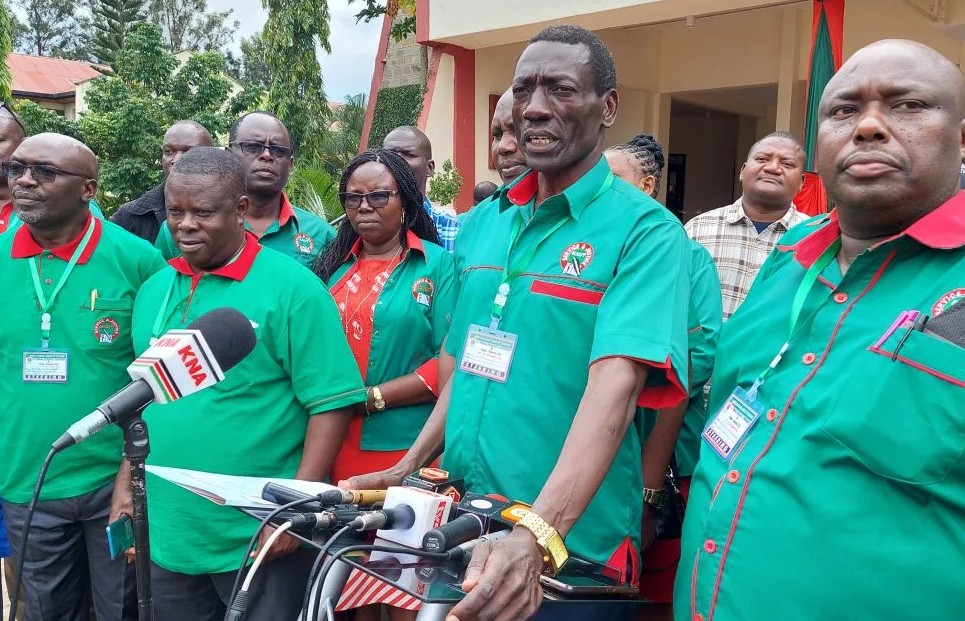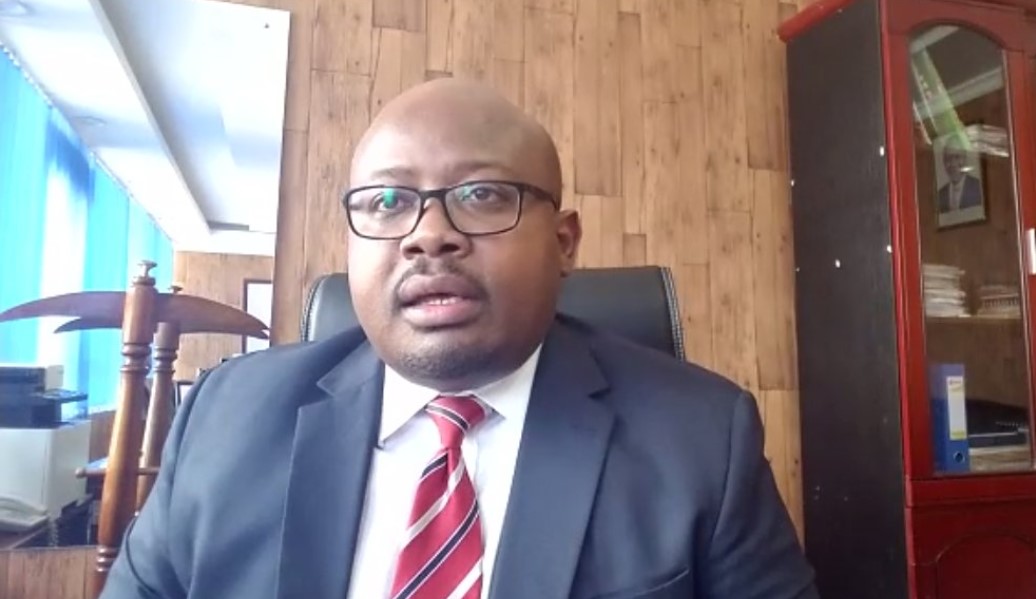SMEs first beneficiaries as Treasury to clear Sh206 billion arrears to suppliers
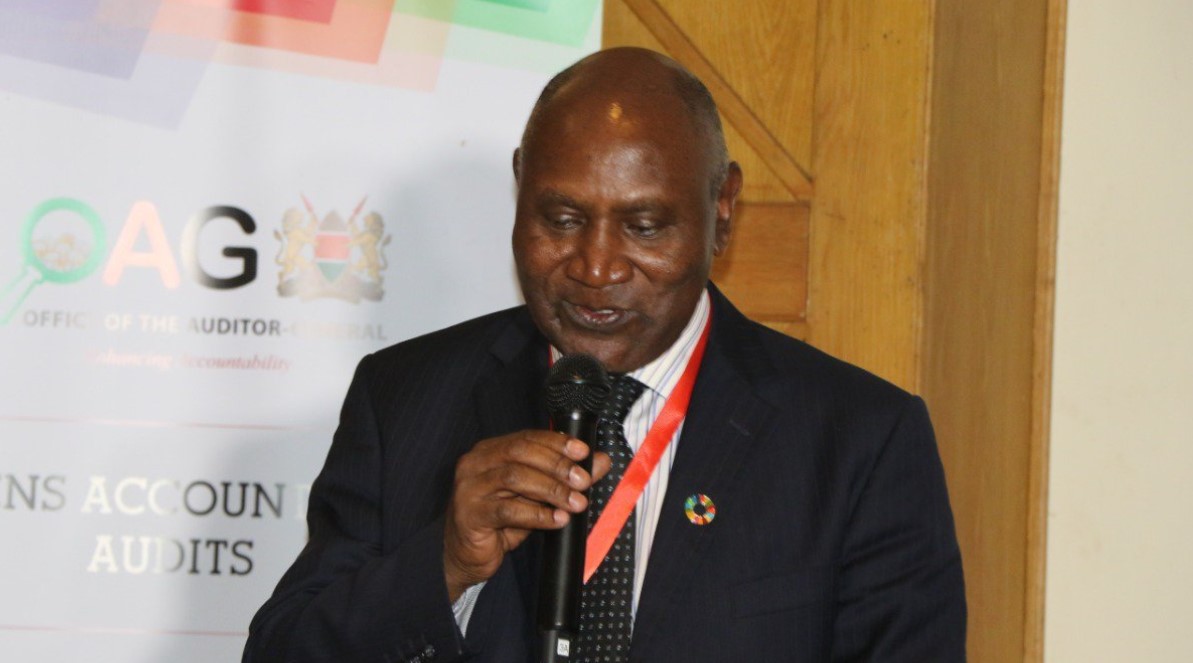
The mounting pending bills, compounded by the high cost of borrowing, have caused a severe cash flow crisis for private firms, particularly MSMEs.
Small-scale suppliers owed up to Sh10 million by the government will be prioritised in a new plan to clear the Sh206 billion historical arrears, Treasury Cabinet Secretary John Mbadi announced.
The government's pending bills verification committee, set up in November 2023 and led by former Auditor-General Edward Ouko, has completed verification of claims amounting to Sh474 billion out of the total Sh663 billion submitted.
More To Read
- Cabinet approves bills to streamline project funding, boost traders' access to credit
- Kenya to scrap one-year debt instrument
- KRA slashes procurement budget by over 20 per cent due to funding cuts from National Treasury
- Pensioners miss out on Sh34 billion payments due to Treasury delays, system downtime
However, the committee has approved less than half of these claims, totalling Sh206 billion, which represents 43.46 per cent of the analysed claims.
The remaining 56.54 per cent, or Sh268 billion, lacked supporting documentation to confirm that goods were supplied or services rendered to government institutions.
Mbadi on Monday explained that the Treasury is looking at ways to start clearing the verified debts, beginning with the suppliers who are owed up to Sh10 million.
These suppliers, who make up 95 per cent of the claimants, will be prioritised in the payment plan.
"Ninety-five per cent of invoices are between Sh1 million and Sh10 million. So only five per cent are bills above Sh10 million. [This means the bulk of] these amounts are owed to MSMEs," Mbadi said during a TV show.
This approach, already discussed with President William Ruto, will be submitted to the Cabinet for approval. If there is enough fiscal space, the aim is to clear all bills owed up to Sh10 million in the supplementary budget.
A further plan will be developed in the next financial year to address the remaining debts.
The mounting pending bills, compounded by the high cost of borrowing, have caused a severe cash flow crisis for private firms, particularly micro, small, and medium-sized enterprises (MSMEs).
Many small traders with government contracts have been blacklisted by credit reference bureaus after defaulting on loan repayments, making it even harder for them to access loans in the future.
"For a while, the government has been getting services on loans from Kenyans and other providers of services," Mbadi said, addressing the growing concern over unpaid debts.
Government arrears climbed from Sh439.2 billion in September 2022 to Sh630.6 billion by the end of September 2023, before reducing to Sh528.4 billion by the following September.
President Ruto, during his inauguration on September 13, 2022, acknowledged the devastating impact of unpaid bills on businesses.
"I am aware that many individuals, families, and their companies have been driven to ruin and forced to shut down, over government unpaid bills," he said.
Ruto pledged to prioritise the swift resolution of these pending bills to support better economic performance.
However, it wasn't until November 2023 that the President tasked the verification team to review pending bills dating back to July 1, 2005.
Initially, the team was given a one-year mandate, which was later extended by six months to March 2025.
The outstanding debts largely consist of amounts owed to public project contractors, suppliers of goods and services, as well as unremitted statutory and other deductions, including taxes, pension contributions, and medical cover arrears.
Top Stories Today

